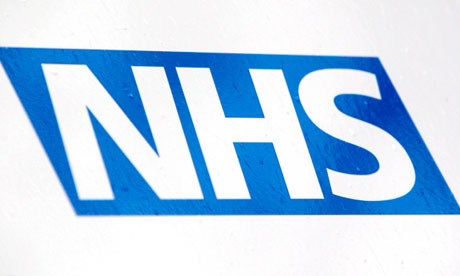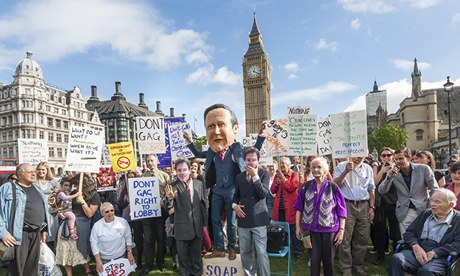Coalition cuts blamed for shortage of 20,000 NHS nurses
FOI requests reveal ‘hidden workforce crisis’ at odds with official statistics

Freedom of Information requests submitted by the Royal College of Nursing (RCN) to dozens of NHS hospitals in England have exposed a “hidden workforce crisis” that has been missed by government statistics.
While official figures say that just 3,859 full-time nurse, midwife and health visitor posts have been lost since the Coalition came to power in May 2010, the RCN said that thousands more nursing vacancies have been created because hospitals have not been replacing staff that have retired or moved on due to reduced budgets.
Staffing shortages have been highlighted in a number of reports into NHS care. Robert Francis drew attention to understaffed wards at the Mid Staffordshire NHS Trust in his report into one of the worst care scandals in the health service’s history.
Howard Catton, the RCN’s head of policy, said that Government figures had not been “fully reflecting the shortages [that nurses] are experiencing at ward level”.
The report came as Downing Street confirmed that the Prime Minister is personally overseeing the NHS’s response to what A&E doctors have warned could be “our worst winter yet”. Many trusts missed their A&E targets last winter and there are fears that amid rising demand and reduced resources, the system may struggle to cope with expected spikes in admissions.
…
Thousands of patients wait 12 hours in A&E
New figures show 12,000 patients were left lying on trolleys for at least 12 hours in emergency departments last year
Around 12,000 patients spent at least 12 hours lying on trolleys after being admitted to A&E last year, according to new figures.
A further 250 people waited for treatment in casualty wards for 24 hours or more, a Freedom of Information request revealed.
One person was left for 71 hours and 34 minutes, nearly three days, at North West London trust, which runs Northwick Park and Central Middlesex A&E departments.
In another shocking case a patient waited 37 hours at Royal Liverpool and Broadgreen A&E while a third was left for 33 hours at Ashford and St Peter’s in Chertsey, Surrey.
Health campaigners claimed the figures were more evidence of the growing crisis in hospitals’ emergency wards.
The figures came as the government received a warning that the closure of 50 out of 230 NHS walk-in centres in the last three years was putting extra strain on A&E units.
…
27/11/13 Having received a takedown notice from the Independent newspaper for a different posting, I have reviewed this article which links to an article at the Independent’s website in order to attempt to ensure conformance with copyright laws.
I consider this posting to comply with copyright laws since
a. Only a small portion of the original article has been quoted satisfying the fair use criteria, and / or
b. This posting satisfies the requirements of a derivative work.
Please be assured that this blog is a non-commercial blog (weblog) which does not feature advertising and has not ever produced any income.
dizzy

